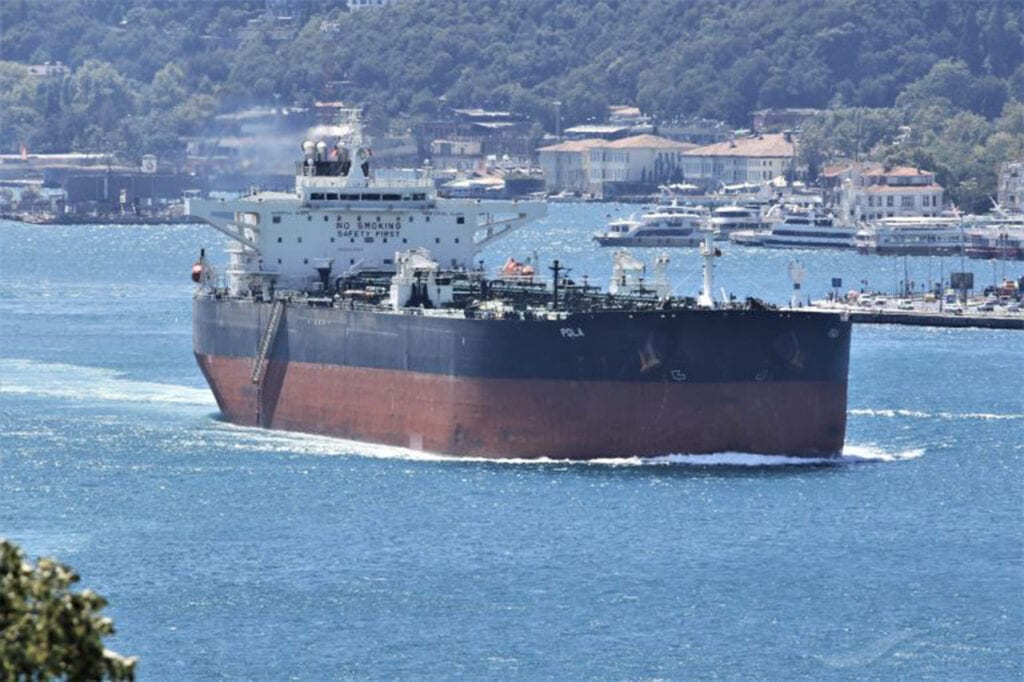The POLA Crude Oil Tanker was attacked on 4 Jan 2021 by attaching a limpet mine. Discovered by crew. Ship evacuated and mine removed by Iraqi armed forces. Image sourced from vesselfinder.com
Introduction
A recent spate of 2020-21 attacks on and seizures of commercial vessels transiting the Arabian/Persian Gulf, Straits of Hormuz, Gulf of Aden and the Red Sea (the Gulf Area), have escalated concern amongst both shipping industry organisations and western naval intelligence. Advice on the nature and position of these on-going incidents will be provided in this Risk Bulletin with a focus on raising the awareness of Members who may be trading in these areas.
Background
Following a series of earlier 2019 attacks on commercial shipping, MM advice on shipboard security was provided by Risk Bulletin No. 15, Gulf of Oman ‘Tanker Wars’ (posted June 2019) and Risk Bulletin No. 18, Strait of Hormuz Security Update (posted Aug. 2019). These Risk Bulletins included a reference and link to the BIMCO Joint Industry Group (JIG) advice ‘Reporting Guidance for Vessels Transiting the Arabian Gulf, Straits of Hormuz and Gulf of Oman’. This BIMCO advice has now been updated and is explained, together with BIMCO links to supporting data, later in this Risk Bulletin.
2020-21 Gulf Incident Details
Reference to US Office of Naval Intelligence (ONI) News shows that the Gulf Area security situation subsequently improved during the period to April 2020. Since that time, a total of seven significant security incidents have occurred which include four commercial ship attacks and three tanker seizures.
Vessels attacked include:
AGRARI – attacked on 25 Nov 2020 off the Saudi port of Shuqaiq by attaching a limpet mine to the hull.
BW RHINE – struck on 14 Dec 2020 off the Saudi port of Jeddah by a remote controlled speedboat loaded with explosives.
UNAMED CONTAINERSHIP – contact on 25 Dec 2020 with a floating mine in the southern part of the Red Sea.
POLA – attacked on 4 Jan 2021 off the Al Basrah Oil Terminal in Iraq by attaching a limpet mine. Discovered by crew. ship evacuated and mine removed by Iraqi armed forces.
Vessels seized in the Straits of Hormuz include:
SC TAIPEI – on 14 April 2020
WILA – on 12 August 2020
HANKUK CHEMI – on 4 January 2021
Joint Industry Group Guidance Update
As noted above, BIMCO has recently issued a BIMCO (JIG) Guidance Update dated 5 January 2021. This update provides an emphatic reminder to all shipowners trading in the Gulf Area that they should first ensure the previously issued BIMCO Reporting Guidance, inclusive of all appropriate passage planning and security procedures, is followed when their ships are transiting the affected areas.
Additionally, the BIMCO (JIG) Guidance Update document provides further security guidance, subtitled as ‘Risk Mitigation’, which should be sent to all vessels navigating in the Gulf Area.
- Undertake a new ship- and voyage-specific threat risk assessment before entering any region where there has been an incident, or the threat has changed.
- After the risk assessment, review the Ship’s Security Plan.
- Review section 2 of BMP5, which outlines non-piracy threats.
- Maintain a full and vigilant bridge watch; Note: at night, slow small boats with no wake are difficult to spot on radar.
- Maintain a strict communications watch and establish communication with all vessels coming close. Do not allow small boats to approach or to come alongside. Use a searchlight for identification at night.
- Ensure strict boarding controls are in place.
- Only lower accommodation gangways or ladders when necessary.
- Rig outboard lighting where possible provided they do not interfere with keeping a safe lookout, particularly over the stern and rig/use searchlights if available.
- Report any suspicious activity or objects immediately to both the port and UKMTO +44 2392 222060.
- Monitor relevant VHF and other communication channels.
- Check all fire-fighting equipment is available for immediate use. Make sure the emergency fire pump is available if any maintenance is being undertaken.
- Keep the Automatic Information System (AIS) on. There is no need to complete the field stating the last or next port of call.
The BIMCO (JIG) Update also provides further guidance under the subtitles, ‘Visual Checks to the Hull’ and ‘Additional Measures …if alerted to suspicious activity whilst at anchor’. Lastly, it refers to and provides links to important shipboard security documentation and emergency contact points.
Conclusion and Takeaway
The discovery by the crew of the POLA of the attachment of a limpet mine to the hull, their subsequent safe evacuation and the defusing and removal of the mine appears to have been due to the implementation of effective shipboard security measures and resultant crew alertness. This positive chain of events highlights the benefits of and necessity for the strict implementation of intensified security measures when transiting and/or anchoring off known high risk areas.
The BIMCO (JIG) Guidance Update of 5 January 2021 provides a useful reminder of the serious threats to shipboard security which continue to exist in the Gulf Area. It also provides additional and important recommendations on security risk control which MM members trading in the Gulf Area should ensure are communicated to all of their Ship Managers and Masters. Members are also encouraged to ensure that these recommendations are incorporated into each vessel’s Ship Security Plan and SMS procedures.


